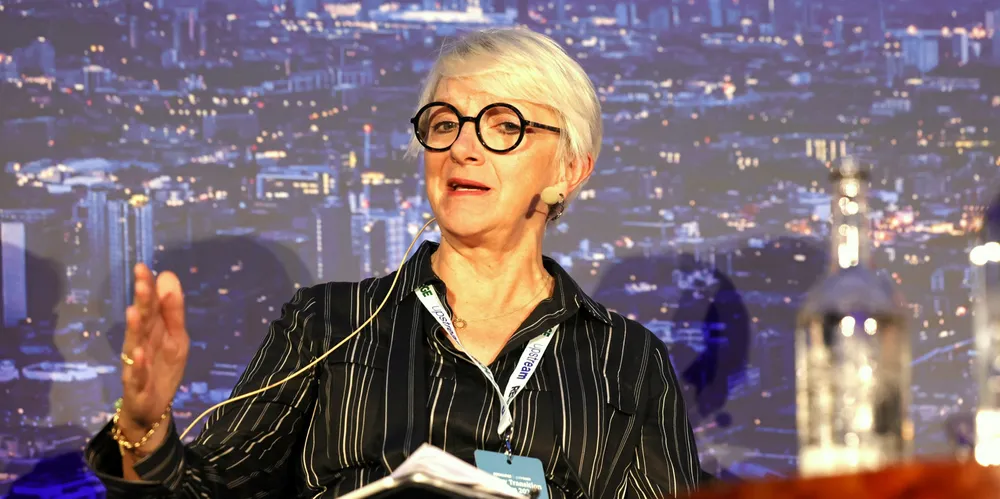‘You have to be in it to change it’: Why COP still matters to the energy transition
Sometimes seen as ‘a big jamboree’, climate summit is still only platform where climate diplomacy can force tangible action, Recharge-Upstream event told

COP summits remain relevant as the central meeting point to push global climate action forward, despite the political tiptoeing and give-and-take often seen in negotiations, delegates heard at the Recharge-Upstream Energy Transition Forum 2024 this week.
While the concept of COP has been criticised in some quarters for becoming too corporate-friendly, politically woolly, and too close to the fossil fuels industry, speakers attending the Forum this week in London said the yearly climate summit is still the main arena to agree and deliver on climate action.
“You can think it’s a big jamboree, a get together to collect air miles, but unless people get together, there won’t be change,” said Nina Skorupska, former chief executive of the Association for Renewable Energy & Clean Technology.
Commenting on last year’s choice to host COP28 in Dubai — “an oil nation” — and this year’s upcoming COP29 in Azerbaijan — “another oil nation” — Skorupska suggested that dialogue with oil and gas producing countries is necessary to achieve the goals of the energy transition.
“You have to be in it to change it,” Skorupska said, adding that all parties must have a seat at the table for the transition to succeed.
According to Kelly de Azevedo Dent, head of strategy and energy transition implementation at Shell, holding COP summits in oil producing nations, rather than in the West, can accelerate change there.
Noting that more than half of Azerbaijan’s export revenues originate from the sale of oil and gas, Dent said the upcoming COP in Baku will be a suitable platform for the country to investigate the diversification of its own exports and revenue streams.
In this sense, the COP model “is an effective way to bring more nations along” besides developed countries in the West.
More simply put, countries hosting a COP summit are incentivised to work on their climate strategies — with targets, investments, new projects and initiatives — if only to look good in the eyes of the world.
“Countries don’t want to look ridiculous [so] they make efforts in their domestic energy transition,” said Dario Traum, head of the climate intelligence unit at Macquarie. He described this effect as a “COP legacy”, which can be long-lasting.
Paul Ebert, Group Director of Sustainability and Energy Transition Leadership at Worley, added that the nearly 200 nations participating at COP debate to eventually agree on a final document that is signed by all.
From this point of view, he said: “It’s a major diplomatic achievement.”
(Copyright)